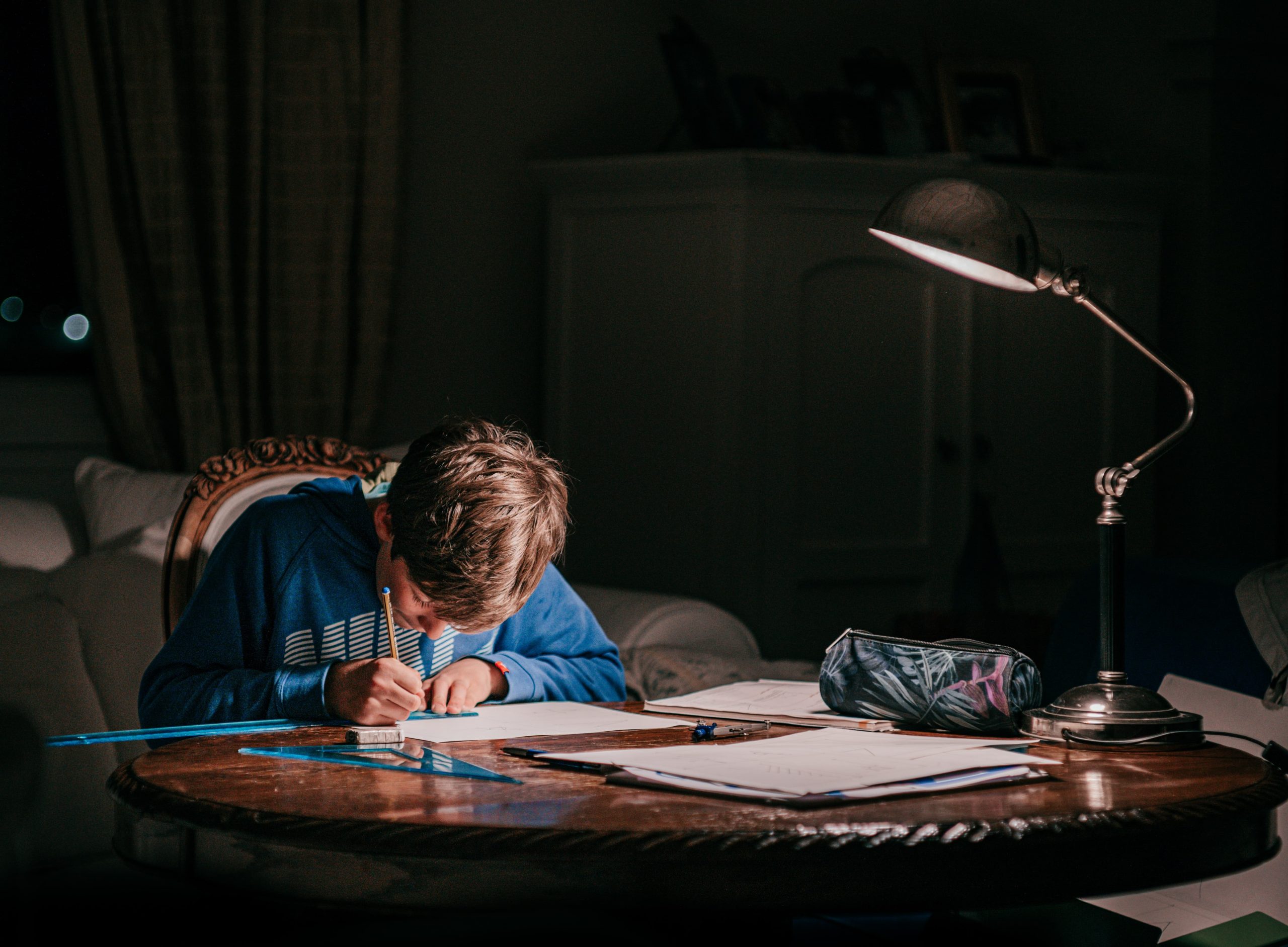 Parenting is filled with challenges that seem to change from year to year. Raising a child with attention deficit hyperactivity disorder (ADHD) can bring with it additional layers of difficulty and frustration.
It can be challenging to adapt parenting methods that work well with one child. There are varying degrees in severity and symptoms when it comes to ADHD.
That said, there are some steps that you can take to help your teen, and at the same time, help to reduce the frustration that you’ve been experiencing. Remember that how your teen reacts to certain situations doesn’t mean that he can’t learn a different way to react to them.
It largely comes down to finding the right way to support him as he develops the healthy habits and behaviors he needs in life.
Parenting is filled with challenges that seem to change from year to year. Raising a child with attention deficit hyperactivity disorder (ADHD) can bring with it additional layers of difficulty and frustration.
It can be challenging to adapt parenting methods that work well with one child. There are varying degrees in severity and symptoms when it comes to ADHD.
That said, there are some steps that you can take to help your teen, and at the same time, help to reduce the frustration that you’ve been experiencing. Remember that how your teen reacts to certain situations doesn’t mean that he can’t learn a different way to react to them.
It largely comes down to finding the right way to support him as he develops the healthy habits and behaviors he needs in life.
1. Consistency and structure are so important
One thing that works well for teens with ADHD is to ensure that you are consistent and have a good, structured routine for them. This allows him to understand what his day will consist of and what to expect. Routines are important for all family members to help keep everyone on track.- Keep consistent with household rules and what you expect from your teen.
- Be flexible enough to adapt to the changing needs of your teen.
- Maintain a schedule for your teen and your family in general.
- Be willing to listen to your teen and other family members if there is feedback about your schedule.
2. Encouraging physical activity
The hyperactivity part of ADHD can lead to a range of concerns if your teen is not getting the right level of physical activity. Encouraging him to participate in more physical activity can offer a range of benefits, including:- Increased stimulation for the brain.
- Better sleeping patterns.
- Decreasing the risk of anxiety and depression.
- Boosted concentration and focus.
3. Positive feedback versus negative
It’s all too easy to fall into the trap of constantly feeding your teen negative feedback. Particularly if his behavior has been on the disruptive or poor side. It’s certainly not possible to be positive all of the time, but positive feedback can go a long way towards helping to build up your teen’s confidence levels. Using negative feedback can lead your teen to feel like he’s always doing something wrong. Negative language can also be hurtful. It can lead to worsening behavior. Instead, try to reinforce your teen’s good behaviors with praise. Any teen needs to learn about acceptable behaviors through positive feedback while also learning about unacceptable behaviors.4. Keeping things upbeat and interesting
It can get overwhelming to deal with the frustrations and complexities accompanying parenting teens with ADHD. That said, it’s important to keep an upbeat attitude when working through some of those frustrations with your teen. If you’re helping your help work through a complicated task, they are less likely to be distracted and frustrated if you are helping to keep things upbeat, engaging, and positive. Don’t fall into the trap of complaining that something is too difficult. This will quickly distract your teen from following through, as he’ll imitate your attitude and mindset about the task.5. The value of a good night of rest
Low sleep quality and not getting enough sleep can take a toll on anyone. For a teen with ADHD, poor sleep quality can make it much more challenging to try and regulate moods while staying focused on tasks at hand. The good news is that if you have a good family routine, you can help your teen get that restful night of sleep. You may need to consider removing all distractions from his bedroom before he turns in for the night. Television, his smartphone, and any gaming equipment can prove to be a huge distraction for a teen with ADHD.6. Breaking tasks down into bite-sized activities
It can be very intimidating and frustrating for a teen, even one without ADHD, to see a list of insurmountable tasks. For a teen with ADHD, it can be all too easy to walk away from the tasks at hand because they have little interest in something that’s going to be time-consuming and boring. A few ways to help your teen stay on task include:- Set a timer to give your teen a break after he’s worked on a task. This will help him to break free from the boredom that may be lurking. A quick break can help him to shake off the boredom and get back to the business of focusing.
- Break each task down into a small and achievable goal for him. For example, if your teen has a large project due for school, help him break each topic down into subtopics that can be covered one by one.
- Remove as many distractions as you can when he’s hard at work. Leaving his phone or television in his workspace is just setting him up for distracted failure.


Leave a Reply